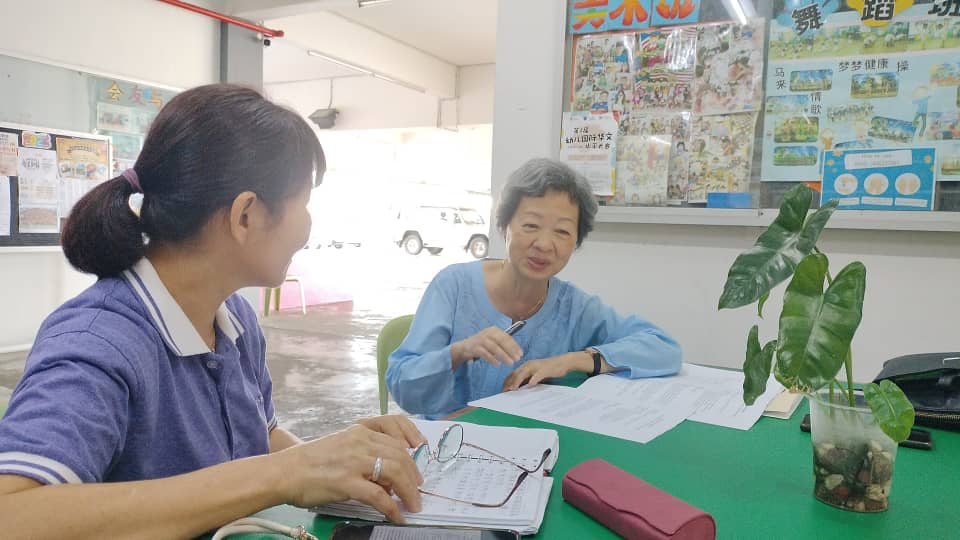Malaysia:
Longitudinal Study and Impact Evaluation of Early Intervention

Donor: UNICEF
Timeframe: May 2024 – January 2026
In the Malaysian state of Sarawak, the government and UNICEF have worked together to create early intervention centers (EICs) for children with disabilities. These centers are a strong sign of Sarawak’s commitment to the issue. Sarawak also aims to identify and showcase effective practices that can be replicated and expanded within Sarawak and across Malaysia. However, there are still significant differences in accessing quality early childhood intervention services for children with disabilities due to factors such as limited budget, lack of services, over-reliance on civil society organizations, and unclear roles of concerned ministries. Additionally, insufficient data on the prevalence of disabilities in Malaysia and lack of evidence on the impact and cost of early child intervention contribute to inadequate state and federal budget allocations for this important area of work.
The purpose of the longitudinal study and impact evaluation is to generate evidence on the key success factors and outcomes of EICs (in terms of their implementation and contribution to a child’s future inclusion in mainstream schooling and services), and thus inform future decisions by Sarawak and partners on future scale-up and replication.
The study objectives were:
- To identify key factors (family, community, EIC, pre-school, and primary school level) that contribute to the achievement of EIC program targets and long-term child outcomes.
- To identify whether changes in child outcomes observed at EICs and in the mainstream pre-school/primary system can be attributed to the EIC intervention model, across different types of disability.
- To build understanding among key stakeholders on whether the EIC approach is an effective means of transitioning children under 7 years of age into mainstream pre-schools and primary schools.
- To inform future budget-related decisions in Sarawak around scaling efficient, effective, and sustainable means to build school readiness for children with disabilities, primarily through public funding models.
